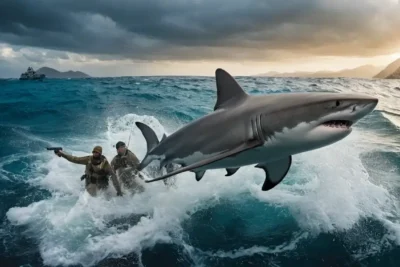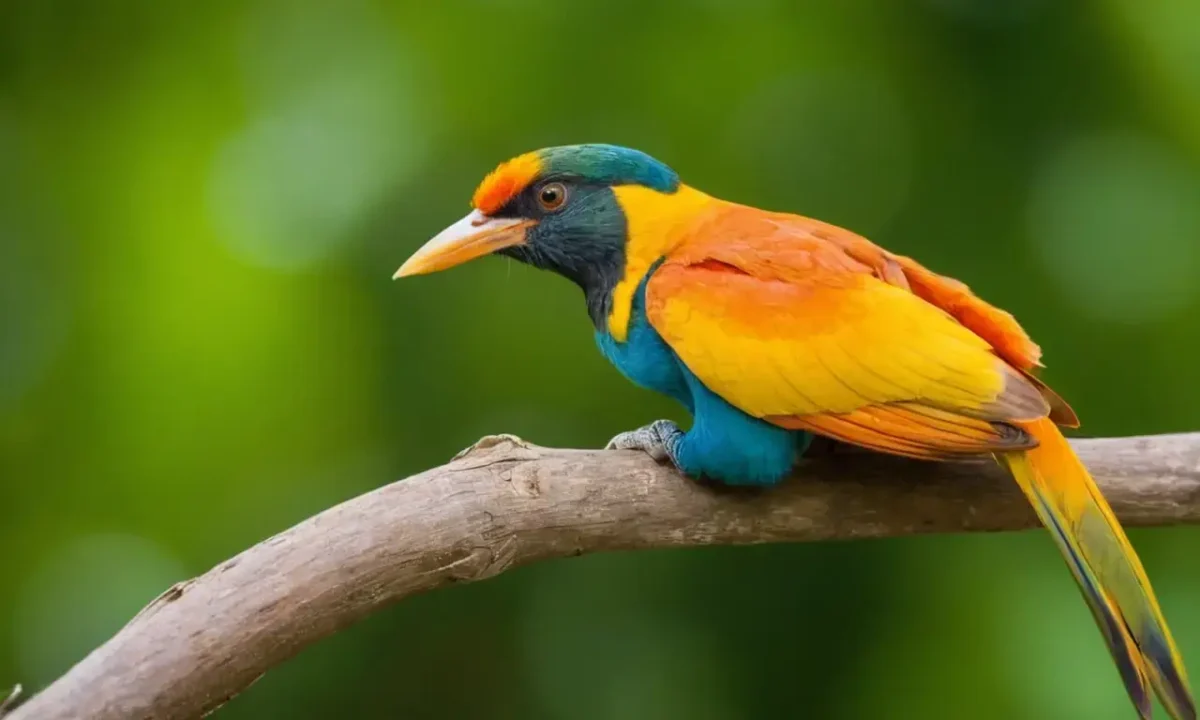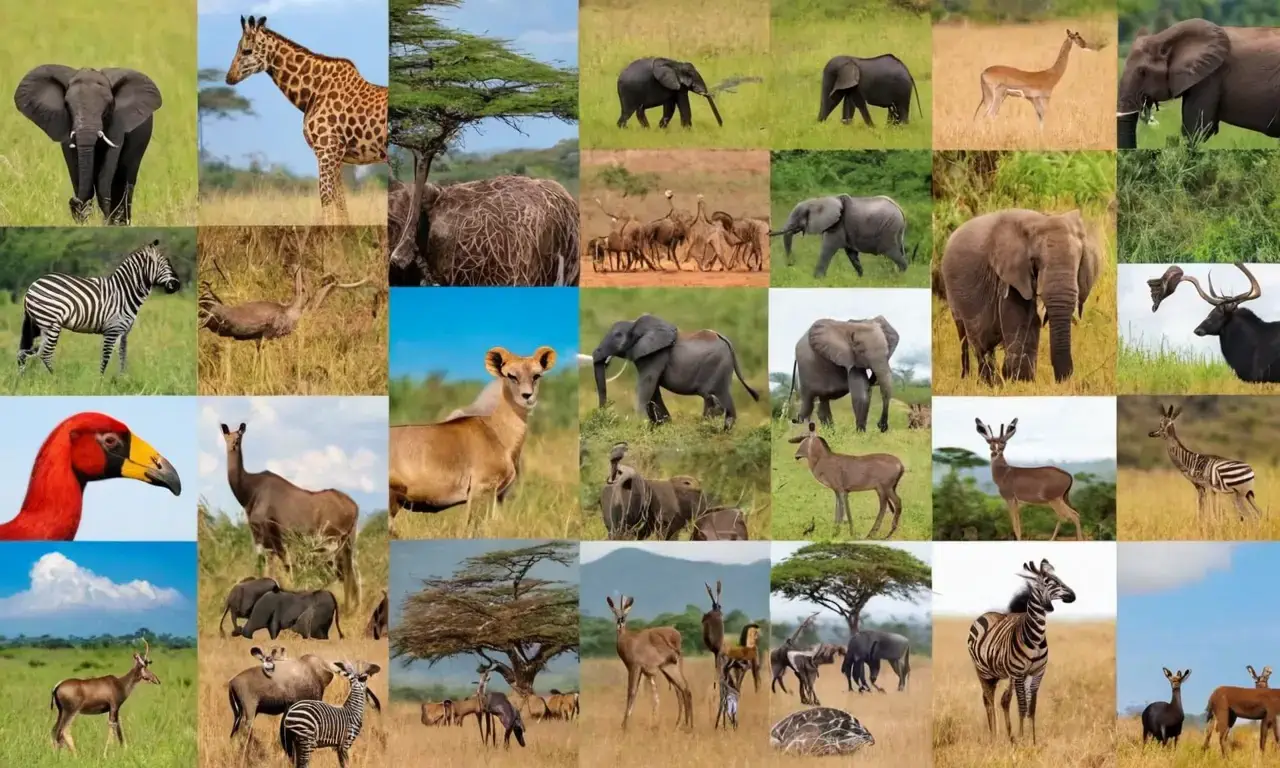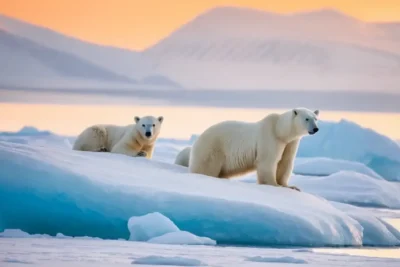
Unveiling Unique Animals from Around the World

Animals that start with the letter "U" are incredibly diverse, ranging from birds like the Upland sandpiper to mammals such as the uakari monkey. Other notable species include the Ugandan kob, Unita ground squirrel, and unicorn fish, which can be found in various ecosystems around the world. The list also features unique creatures like the urial, a wild sheep with curved horns, and the uromastyx, a spiny-tailed lizard that thrives in arid climates. Additionally, there are smaller mammals like the Utah prairie dog and the Utonagan dog breed, which is a mix of Siberian Husky, Alaskan Malamute, and German Shepherd.
This article aims to delve into the fascinating world of animals beginning with the letter "U", exploring their habitats, adaptations, conservation status, and interesting facts that make them unique.
Unique Animals Starting with "U"
The diversity of animals starting with the letter "U" is a testament to the incredible variety of life on Earth. From birds to mammals, reptiles to fish, each species has evolved distinct characteristics that enable it to thrive in its environment. The Upland sandpiper, for instance, is a migratory bird known for its striking plumage and impressive flying skills.
Upland Sandpiper
The Upland sandpiper (Bartramia longicauda) is a medium-sized shorebird that breeds in the northern parts of North America. It is recognized by its brown back, white belly, and distinctive black stripe above its eye. The Upland sandpiper's habitat ranges from wet meadows to dry grasslands, where it forages for insects and small invertebrates. This bird species is known for its remarkable migration patterns, traveling thousands of miles each year between its breeding grounds in North America and its wintering sites in South America.
Uakari Monkey
The uakari monkey (Cacajao spp.) is a group of primates found in the tropical forests of Central and South America. These monkeys are characterized by their distinctive bald faces, which can range from red to black in color. The uakari monkey's diet consists mainly of fruits, seeds, and leaves, making them an integral part of their ecosystem. Their social structures are complex, with large groups led by dominant females.
Ugandan Kob

The Ugandan kob (Kobus kob) is a species of antelope found in the savannas and grasslands of East Africa. It is known for its distinctive horns, which can reach up to 60 cm in length. The Ugandan kob's coat color varies from reddish-brown to dark brown, allowing it to blend into its surroundings. This animal plays a crucial role in maintaining the balance of its ecosystem through grazing and seed dispersal.
Unita Ground Squirrel
The Unita ground squirrel (Spermophilus armatus) is a small rodent native to the mountainous regions of North America. It is recognized by its brown fur with white markings on its face and tail. The Unitas ground squirrel's diet consists mainly of seeds, nuts, and insects, which it stores in underground burrows for winter consumption. This species is known for its ability to survive harsh winters due to its adaptation to cold climates.
Unicorn Fish
The unicorn fish (Naso lituratus) is a species of surgeonfish found in the tropical waters of the Indo-Pacific region. It is characterized by its striking appearance, with long, pointed fins resembling a unicorn's horn. The unicorn fish feeds on algae and small invertebrates, playing an important role in maintaining coral reef ecosystems.
Urrial
The urial (Ovis orientalis) is a wild sheep species found in the mountainous regions of Central Asia. It is known for its curved horns, which can reach up to 1 meter in length. The urial's coat color varies from brown to gray, allowing it to blend into its rocky habitat. This animal is an important part of its ecosystem due to its grazing habits and role in seed dispersal.
Uromastyx
The uromastyx (Uromastyx spp.) is a genus of spiny-tailed lizards found in the deserts and arid regions of Africa, Asia, and Europe. These lizards are characterized by their long tails covered with sharp spines, which they use for defense against predators. The uromastyx feeds on plants and insects, making it an important part of its ecosystem.
Utah Prairie Dog
The Utah prairie dog (Cynomys parvus) is a small rodent native to the grasslands of North America. It is recognized by its brown fur with white markings on its face and tail. The Utah prairie dog's diet consists mainly of seeds, roots, and insects, which it stores in underground burrows for winter consumption.
Utonagan Dog Breed
The Utonagan dog breed is a mix of Siberian Husky, Alaskan Malamute, and German Shepherd, developed to create a versatile working dog. It is known for its striking appearance, with a thick coat that can range from gray to black in color. The Utonagan dog breed excels in various tasks such as herding, hunting, and companionship.
Habitat and Distribution
Understanding the habitats and distributions of animals starting with "U" provides valuable insights into their survival strategies and ecological roles. From the tropical forests of Central America to the arid deserts of Africa and Asia, each species has adapted to its environment in unique ways. The Upland sandpiper migrates between North and South America, while the uakari monkey inhabits the dense rainforests of South America.
Adaptation and Survival
The adaptations of animals starting with "U" are a testament to their resilience and ability to thrive in diverse environments. For example, the urial's curved horns serve as both defense mechanisms against predators and tools for fighting over mates. Similarly, the uromastyx's spiny tail is an effective deterrent against potential threats.
Conservation Status
Many animals starting with "U" face significant conservation challenges due to habitat loss, hunting, and climate change. The Ugandan kob, for instance, is listed as vulnerable on the IUCN Red List, primarily due to its declining population caused by habitat fragmentation and poaching. Efforts are being made to protect these species and their habitats through conservation programs.
Interesting Facts
There are many fascinating facts about animals starting with "U". The uakari monkey's bald face is not just a unique feature but also serves as a social signal, indicating dominance or submission within its group. Additionally, the unicorn fish has been observed exhibiting complex behaviors such as cooperative hunting and communication through color changes.
Conclusion
The world of animals beginning with the letter "U" offers a rich tapestry of diversity, adaptation, and survival strategies. From the Upland sandpiper to the uromastyx, each species has evolved unique characteristics that enable it to thrive in its environment. Understanding these creatures not only enriches our knowledge but also highlights the importance of conservation efforts to protect their habitats and ensure their continued existence.
Leave a Reply





Related Links